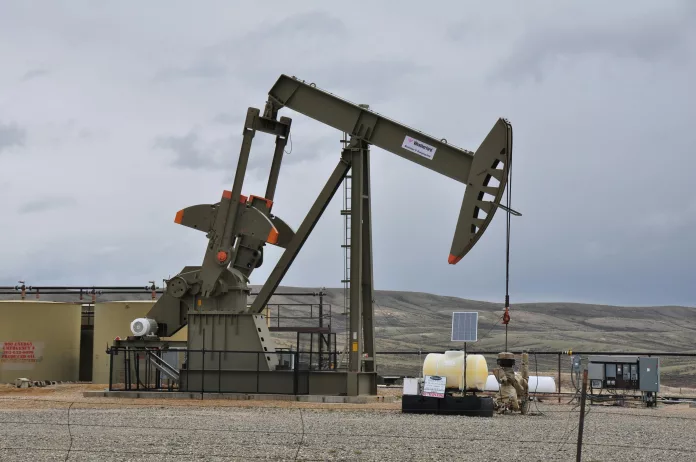Recent revelations have put a spotlight on the guise of grassroots opposition to renewable energy projects—specifically, how national fossil fuel advocates orchestrate local resistance to protect their interests. These revelations, drawn from a study by Brown University‘s Climate and Development Lab (CDL), expose a network of fossil fuel proponents masquerading as community-driven initiatives fighting against offshore wind developments.
Insights from Brown University’s Climate and Development Lab
The CDL at Brown University, an amalgamation of students and faculty committed to effective climate policy, has peeled back layers of deceit with its report “Against the Wind: A Map of the Anti-Offshore Wind Network in the Eastern United States.” This document provides an inside look into how local groups, seemingly independent, are collaborating with notable climate policy obstructionists.
Local groups in Rhode Island, Massachusetts, and New Jersey have dominated headlines with their resistance to wind projects, leading many to believe they were independent, community-driven efforts. However, ties linking them to entrenched climate opposition suggest a more orchestrated approach using resources shared by leading organizations known for climate policy interference.
The Chain of Disguised Influence
Delving deeper, the report uncovers six major donors linked to the fossil fuel industry that funded anti-offshore wind (OSW) efforts to the tune of over $16 million. Such substantial backing raises concern about the genuine motivations behind these anti-renewable energy campaigns.
Strategic Obstruction of Offshore Wind Projects
The report from the CDL notes the strategic interventions by public relations experts, who employ local groups to stall wind energy advancements. The potential setbacks in the renewable sector not only impede progress towards cleaner energy solutions but also pose a significant threat to disproportionately affected communities.
Case Studies Evidencing the Campaign Against Clean Energy
Three case studies issued by the CDL provide substantial evidence of these tactics in action. “Discourses of Climate Delay” reveals local opposition group Green Oceans employing the same strategies and misinformation as national disinformation actors.
The report, “Against The Wind,” illustrates the seamless integration of local groups with a broader network of anti-renewable energy actors, sharing resources and messaging to engender a veneer of local discontent.
Data reveals a complex network with groups such as the American Coalition for Ocean Protection and Save Right Whales, both rooted in and sustained by seasoned climate deniers and fossil fuel interests.
An Ominous Shift to Legislative Lobbying
Switching focus, CDL’s third study, “Spinning Negativity,” tracks how these deceptive narratives have percolated into the chambers of Congress, with several misleading claims gaining traction amid national policymakers.
A Glimpse of the Underlying Agenda
The opposition to offshore wind projects is not merely a case of local concern but a strategic and financially backed movement led by influential players within the fossil fuel sector. This elaborate facade of localized dissent is, in fact, a cog in a larger, well-oiled machine operating against climate progress. With $72 million distributed within their network, these fossil fuel-driven organizations demonstrate a substantial investment in the business of misinformation.
Confronting an Uphill Battle in Climate Advocacy
The clash between climate advocates and fossil fuel interests is starkly evident at local levels, where communities are led to believe in the environmental perils of wind farms without a proper understanding of the greater threat posed by unmitigated climate change. As sea levels rise and storms intensify, we are reminded of the stark contrast between the pollutants left in the wake of fossil fuels and the clean, albeit contentious, prospect of offshore wind energy.
We are now armed with a clearer understanding, thanks to the research by CDL, revealing the true forces behind anti-renewable campaigns. While this knowledge is a positive step, it challenges us to intensify our efforts to switch to clean energy and to decipher the motives of political candidates. We must heed the call to protest injustice, empowered by the words of Elie Wiesel: “There will be times when we are powerless to prevent injustice, but we must never fail to protest.”

























